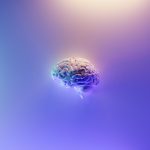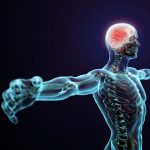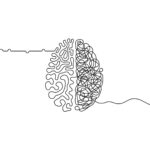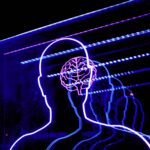
Emiliana Tonini summarises a recent Chinese study, which suggests that combining MRI scan and behavioural assessments data may increase the accuracy of diagnosing bipolar disorder in adolescents.
[read the full story...]
Emiliana Tonini summarises a recent Chinese study, which suggests that combining MRI scan and behavioural assessments data may increase the accuracy of diagnosing bipolar disorder in adolescents.
[read the full story...]
Paris Lalousis reviews a recent study that looks into the differences in brain connectivity between males and females, which suggests a potential sex-based divergence in the neurobiological underpinnings of psychiatric disorders.
[read the full story...]
Athina Aruldass finds that management of serious neuropsychiatric disorders should acknowledge the importance of poor physical health and target restoration of both brain and body function.
[read the full story...]
Joe Pierre considers a systematic review and meta-analysis on the prevalence of neuroimaging abnormalities in first-episode psychosis and the clinical relevance for service users presenting with first-episode psychosis.
[read the full story...]
Millie Lowther, Isabel Luetkenherm, Carlos Mena and Alexandra Pike summarise a recent fMRI meta-analysis, which finds that activation in brain circuits related to salience, interoception and emotional processing were found to predict a positive response to CBT in anxiety disorders.
[read the full story...]
Rachel Symons summarises a recent study, which shows that poor connectivity between brain regions may be an indicator of non-suicidal self-injury in young people.
[read the full story...]
Anya Borissova summarises the therapeutic mechanisms of psilocybin in treatment-resistant depression and changes noticed in the amygdala and prefrontal cortex during emotional processing.
[read the full story...]
Muzaffer Kaser writes his debut elf blog on a recent study, which looks at evolutionary modifications in human brain connectivity associated with schizophrenia.
[read the full story...]
Shubhangi Karmaker on a recent resting-state fMRI study that explores neural network disturbances that underpin the emergence of emotional symptoms in adolescent girls.
[read the full story...]
Matthew Broome appraises a recent cohort study that looks at neural markers of resilience in young women at familial risk for major depressive disorder.
[read the full story...]